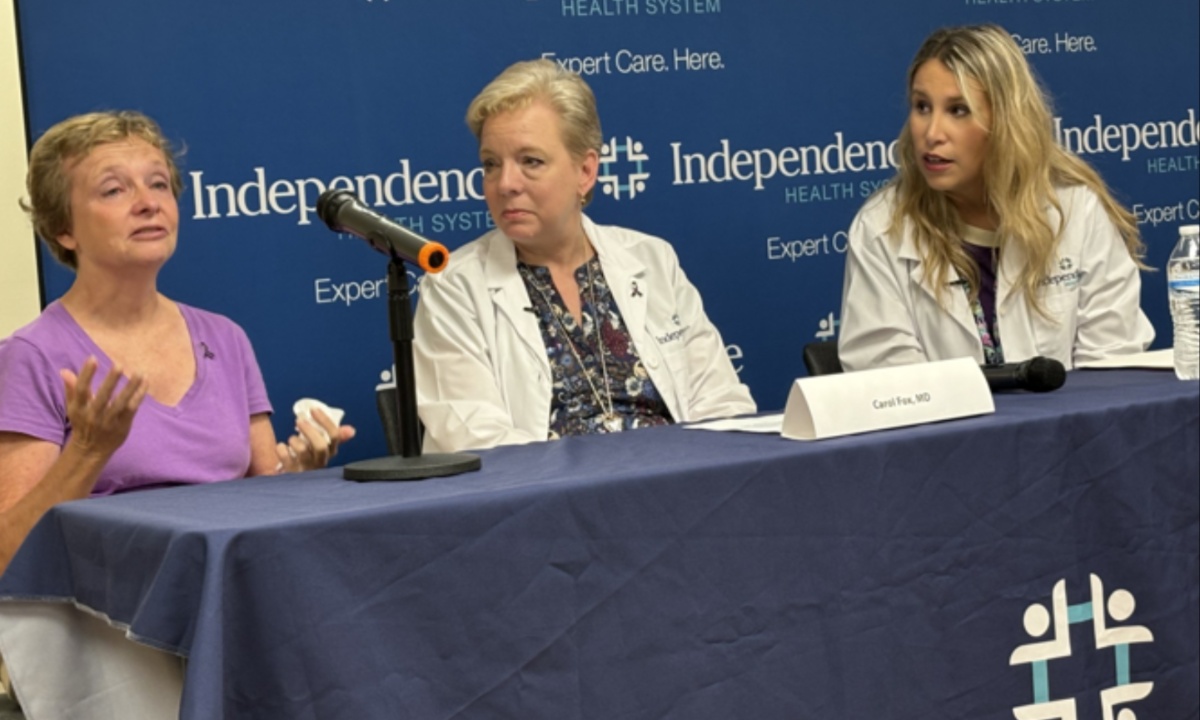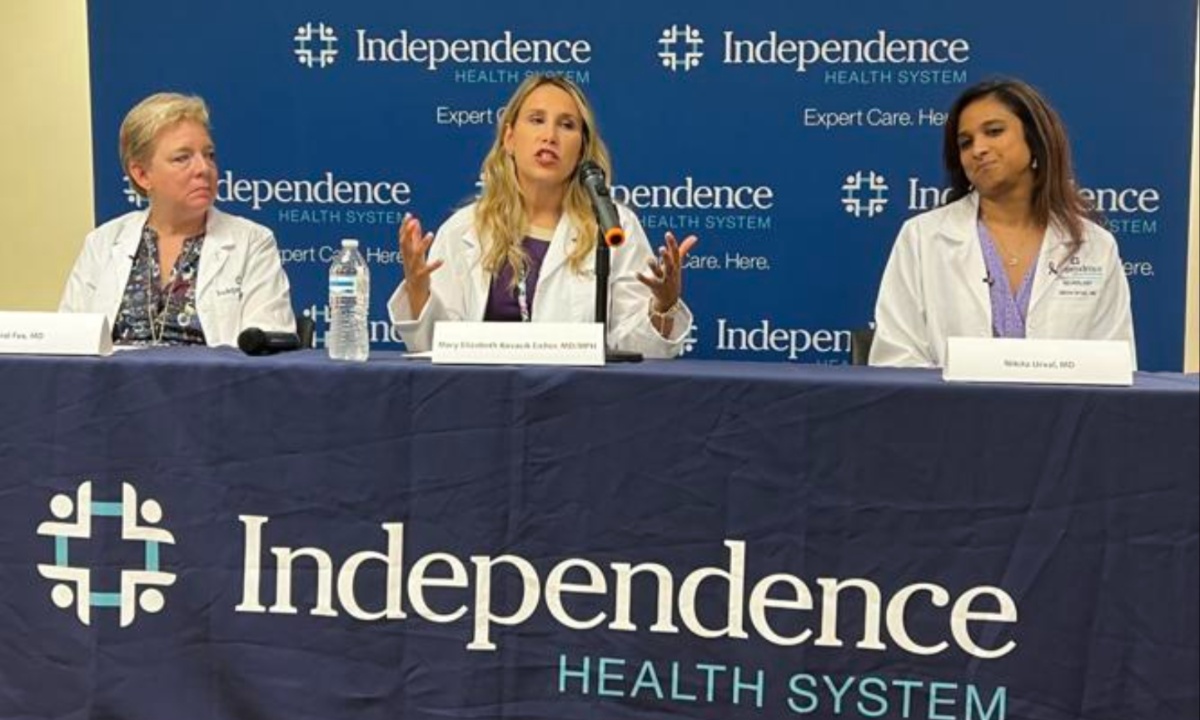Independence Health System (IHS) has launched new Memory Clinics at its Excela Health and Butler Health System campuses to address the growing need for early Alzheimer’s disease evaluation and treatment.
The clinics offer patients access to newly approved therapies, including lecanemab and soon, donanemab, which target amyloid-beta plaques in the brain associated with Alzheimer’s. Currently, only lecanemab is available, with donanemab on order following its recent FDA approval.
The introduction of these drugs has been met with both optimism and controversy. While they represent a significant breakthrough in Alzheimer’s treatment by slowing disease progression, concerns have been raised about their safety and effectiveness.

Notable side effects include brain swelling and bleeding, with some studies suggesting that the actual benefit in slowing cognitive decline may be less significant than initially claimed.
IHS has already enrolled over 30 patients in its program, which involves advanced diagnostic techniques such as spinal fluid testing and imaging. The Memory Clinics aim to provide faster evaluation and treatment for patients with early Alzheimer’s, marking IHS as a leader in this area in Western Pennsylvania.
Despite the controversies, IHS sees the availability of these drugs as a vital step forward in offering hope to patients and their families.
Alzheimer’s disease, a neurodegenerative disorder affecting millions worldwide, remains incurable and has long frustrated the medical community. While the new therapies offer some hope, they also present challenges due to their potential side effects, which have led to debate among researchers regarding their overall benefit.
Dr. Mary Elizabeth Kovacik Eicher, who oversees the Memory Clinics, acknowledges the risks but emphasizes that even a modest slowing of disease progression is more than what was previously available. She believes that the decision to use these treatments should be made by patients and their families, who deserve a chance at hope, despite the inherent uncertainties in the treatment.
